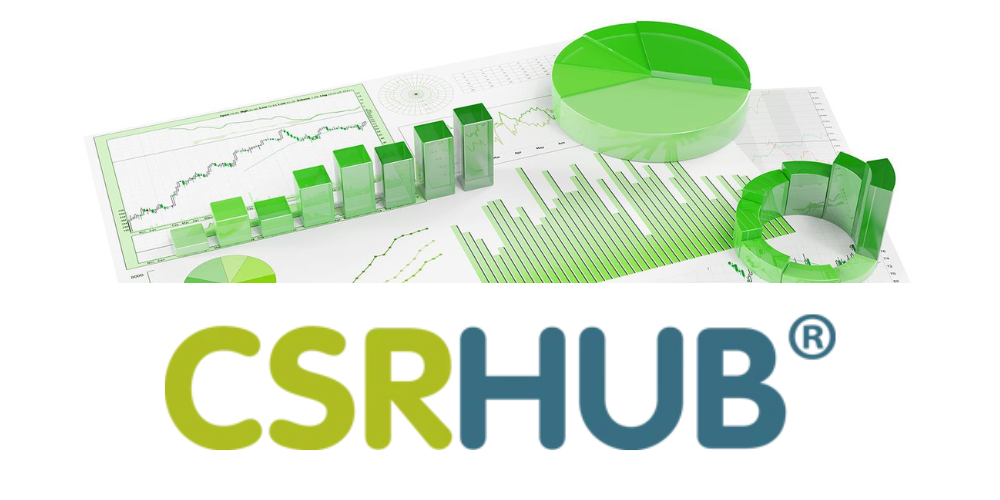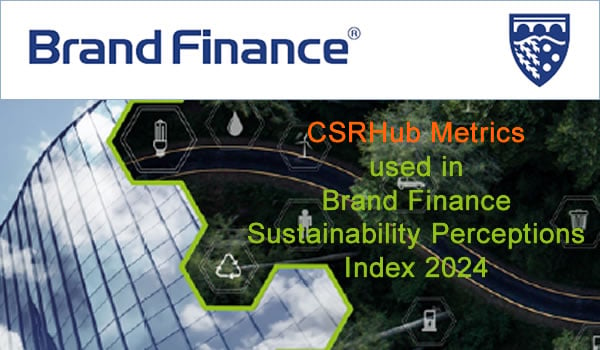As previously seen on Skytop Strategies and published with permission.
2022 a Conflicted Mess
During 2022, ESG data remained a conflicted mess. Yes, thousands of companies, NGOs, and government entities released masses of ESG-related data. But a lot of it wasn’t easily accessible to those who needed it or didn’t answer their questions. (Over the past twelve months, CSRHub ingested 49 million ESG data items from the hundreds of ratings groups that it works with. Of these, only 23 million (~50%) contributed to the consensus ratings we generate. It is hard to imagine that most ESG data users could discover or review even this one year of data details. It is a shame that so much of the data we see does not appear to affect the consensus view of how companies are performing.
2023 Predictions
What will happen in 2023? Here are three predictions:
1. More standards, little compliance. Expect almost monthly announcements of new ESG reporting standards by NGOs, government regulators, and industry bodies. However, don’t expect any standard to win (at least during 2023). Companies must continue to do their best. They will report the things they feel are important, that others in their industry report, or that their accountants or lawyers say they must reveal. They may start capturing other information and use it internally to improve their operations. But, the risk of reporting something that can be misunderstood or criticized will restrain companies from being fully transparent about their impact.
2. The haves will continue to have more. Large companies have hired ESG reporting staff and are buying ESG reporting tools. Our friends at Governance & Accountability Institute recently updated their research on the S&P500 and published new data on the Russell 1000. Eighty-one percent of the Russell companies published a sustainability report. However, most of these companies used or referenced more than one standard in their report. In contrast, smaller entities have little or no ESG staff and many reference no standard (or have no ESG report!). The data gap between big and small companies is driven partly by the rising cost of reporting. The cost to hire experienced ESG managers, produce a complete ESG report that references several major standards, get the report assured by an outside entity, and integrate it into a company’s financial reports can exceed $1 million and could reach in some cases more than $3 million.
3. More new tools and data sets—and more new versions for the existing ones! In 2022 we saw a lot of new tools for gathering and reporting ESG data. There were also new data sets launched that were theme, country, or industry-specific. In 2023 we expect some new tool ideas. But much of the activity may be from established software players launching look-alike products for the ESG space. Similarly, there may be more new data sets. But much of the activity may be the proliferation of sub-products and add-on data sets. For instance, we saw a number of data providers launch TFCD, SDG and SFDR data sets in 2022. I’m sure more will follow and that any new theme that emerges in 2023 will spark new data set clones.
It Doesn’t Have To Be Perfect
ESG data can be used for benchmarking, corporate strategy, investment analysis, and changing consumer behavior. It doesn’t have to be perfect to do these things well. More and more entities are generating and using data internally. Few of the data sets we use in our everyday lives are perfect. (Think about weather forecasts and election polls as examples!) I hope that those who generate ESG data in 2023 will focus on its internal benefits and value. Some of the data may be reported—the rest can stay inside, for now. If ESG data users keep finding value in the data that is already reported, the trends I describe above may start to reverse in 2024 and beyond.
About CSRHub
CSRHub offers the most comprehensive global set of Consensus ESG (Environmental, Social, and Governance) ratings, information, and tools. CSRHub’s business intelligence system measures the ESG business impact that drives corporate and investor sustainability decisions. Founded in 2007, CSRHub covers over 50,000 public and private companies, and provides ESG performance scores on over 30,000 companies from 134 industries in 155 countries. Our Big Data platform uses algorithms to aggregate, normalize and weight ESG metrics from 852 sources to produce a strong consensus signal on corporate sustainability performance.
For more information, visit www.csrhub.com or request a consultation.



